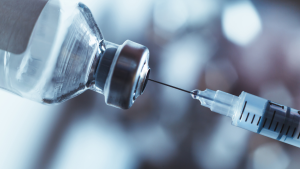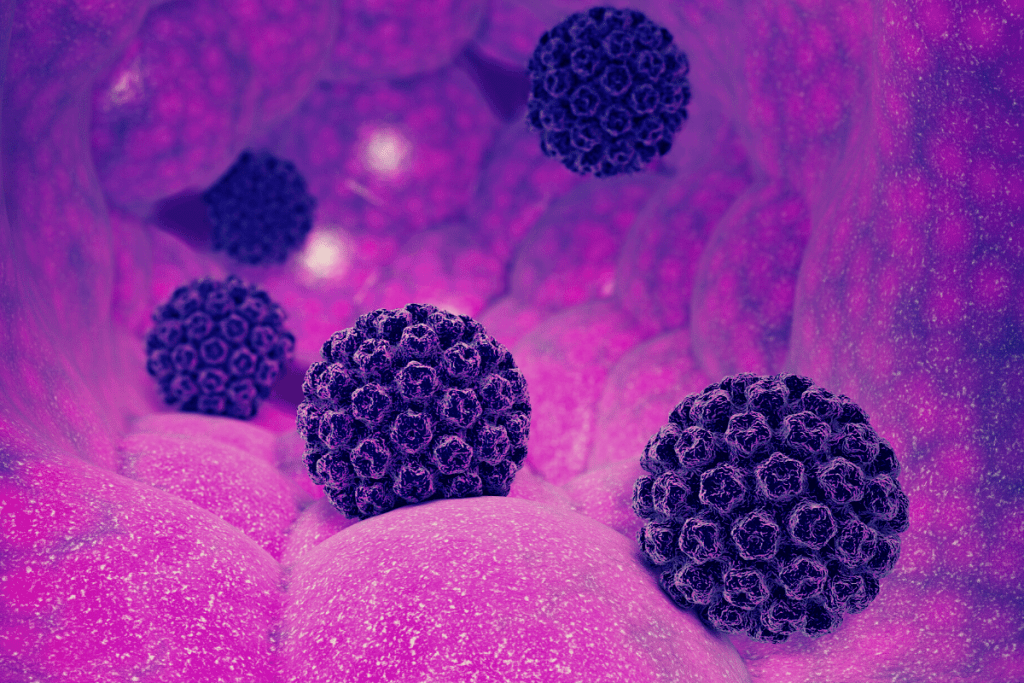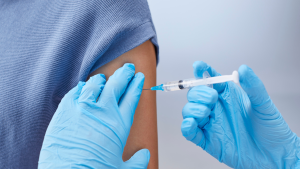
FDA Approves New Version of PrEP—Just Two Shots A Year
The FDA has approved lenacapavir as a form of pre-exposure prophylaxis (PrEP), offering a new option for HIV prevention requiring only two shots per year.

Support ASHA HPV-associated cancers include cancers of the cervix, anus, penis, vagina, vulva, and oropharynx (back of the mouth/throat).
Each year, there are about 21,400 cases of HPV-related cancer among women, with cervical cancer being the most common. There are also about 15,100 cases among men, with oropharyngeal cancers (cancers of the back of the throat, including the base of the tongue and tonsils) as the most common.

The FDA has approved lenacapavir as a form of pre-exposure prophylaxis (PrEP), offering a new option for HIV prevention requiring only two shots per year.

On a recent episode of Love Island, a cast member sugested that we could blame our current STI epidemic on men who had sex with animals. She pointed to koalas with chlamydia as an example. There’s some truth here, but also a lot of misinformation.

A new report from the Centers for Disease Control (CDC) shows that we’re missing opportunities to prevent congenital syphilis and save lives.

Currently, condoms are the only widely available, proven method for reducing transmission of HIV and other sexually transmitted infections (STIs) during sex. Condoms work.

Anal sex may have once been thought of more taboo than other sexual behaviors, but today we know it’s a perfectly normal way to find sexual pleasure.

It’s time to celebrate the start of summer! June is filled with national observances to help you start the summer off right. We’re here to help make June the start of a #safesexysummer.

There’s potential good news in gonorrhea prevention as a series of studies suggests that certain meningococcal B (MenB) vaccines can reduce the risk of gonorrhea.

There is new guidance on pain management for IUD insertion and acknowledgement that providers often underestimate the pain patients feel during their procedures.
ASHA believes that all people have the right to the information and services that will help them to have optimum sexual health. We envision a time when stigma is no longer associated with sexual health and our nation is united in its belief that sexuality is a normal, healthy, and positive aspect of human life.
ABOUT
GET INVOLVED
ASHA WEBSITES
GET HELP
© 2025 American Sexual Health Association